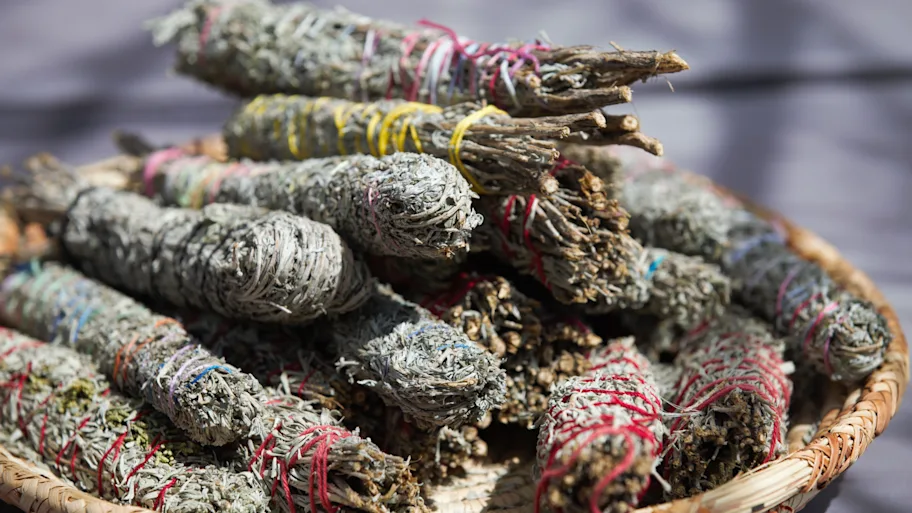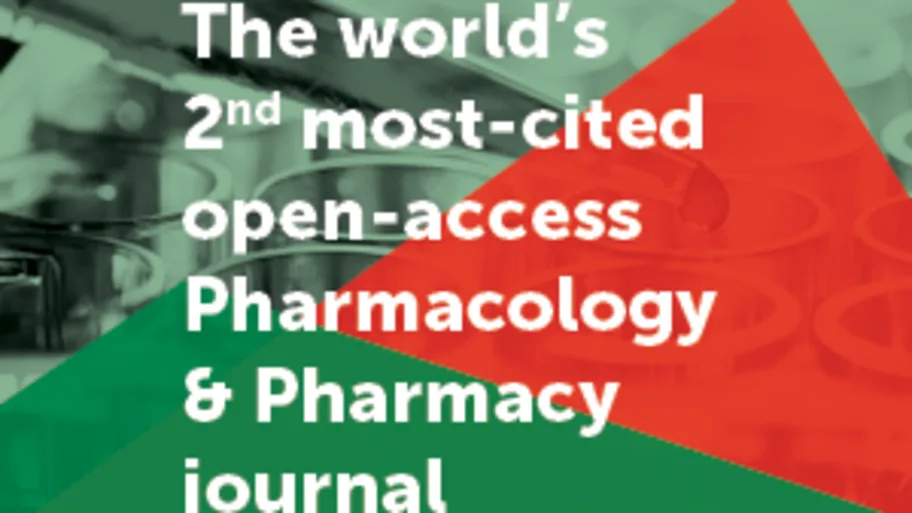
- Science news
- Frontiers news
- Can plants in Africa hold new answers to old questions in pharmacology?
Can plants in Africa hold new answers to old questions in pharmacology?

“More than 60% of medicines sold at the chemist’s are of natural origin. Scientists always return to nature for new leads,” says new Associate Editor of Ethnopharmacology, Dr Ameenah Gurib-Fakim. “Mauritius is one of the biodiversity hotspots in the world and with a high level of endemicity. This local treasure had hardly been explored scientifically and yet we are facing the onslaught of climate change and the loss of many endemic species still unknown to science.”

Dr. Ameenah Gurib-Fakim
With an estimated 1 million animal and plant species under threat of extinction, the need to discover more about promising plant extracts is all the more urgent. Based on her research in Africa, Dr Gurib-Fakim notes that for example extracts of Sutherlandia used to treat cancer, diabetes and other ailments and Hypoxis have shown promise in regulating insulin levels in rats. She says that recent pharmacological studies have given interesting results from African biodiversity.
Discover more about Ethnopharmacology
African biodiversity and its potential in ethnopharmacology
Dr Gurib-Fakim recalls her interviews with traditional healers on their use of herbal medicine: “Many old ladies were sharing their success in treating pathologies and associated symptoms with their recipes. Gradually, I became convinced when these empirical findings were being confirmed in lab settings!” Dr Gurib-Fakim has had the opportunity to bring ideas on ethnopharmacology to the widest of audiences through her previous roles in public and private sectors in Mauritius, including as former President of the country from 2015-2018.
Prof Michael Heinrich, on behalf of the Chief Editors of Ethnopharmacology says “Having Ameenah Gurib-Fakim joining the Editorial Board of Ethnopharmacology is really great news. Her expertise on African and global biodiversity and on the chemistry and bioactivity of medicinal plants will enrich the scientific scope of the journal. Her political experience especially as the former President of Mauritius will facilitate the translation of research into health benefits for the people of many countries.”
Ethnopharmacology, medicine and healthcare
“Ethnopharmacology is a global field of research. The hotspots of biodiversity are often at the same time in regions where there is the greatest need to use medicinal plants in primary healthcare. Ethnopharmacology is a response to a truly global challenge – better health for all and thus we strive for a broad geographical scope of this section of Frontiers in Pharmacology.”
Frontiers journals also consistently rank among the world’s most-cited in their fields and in the top Impact Factor and CiteScore percentiles. Find out more






